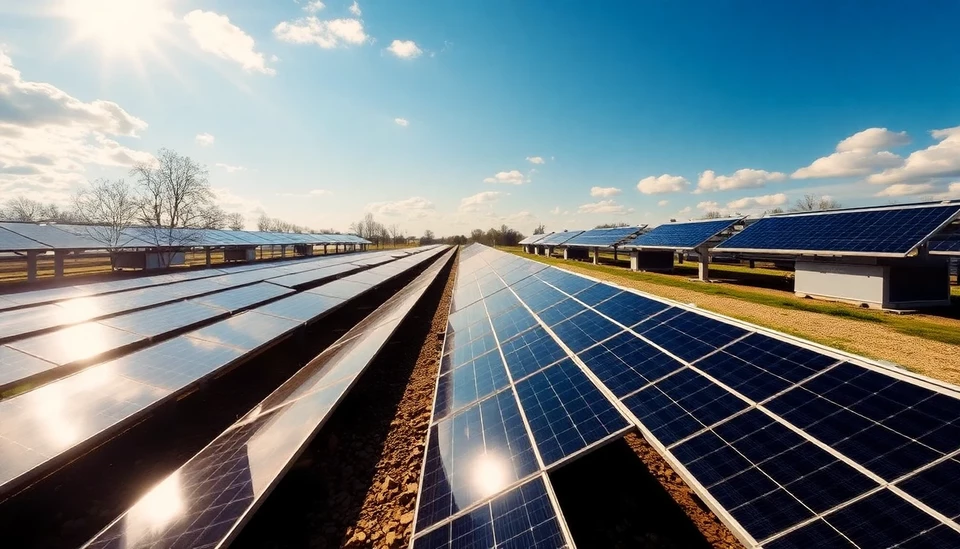
Germany is set to implement significant cuts to subsidies for certain solar energy farms as the country grapples with an oversupply of solar power. This decision, announced recently by the German government, has raised concerns about the future viability of numerous solar projects and the impact on investors and developers in the sector.
The move to reduce subsidies comes at a time when Germany's renewable energy landscape has been undergoing rapid growth. Over the past few years, the country has witnessed an unprecedented boom in solar energy installations, spurred on by government incentives aimed at promoting green energy transition. However, the surge in solar generation has led to a situation where the market is becoming oversaturated, especially during peak production periods when solar output significantly exceeds demand.
In light of this situation, the government has identified certain solar farms that will be cut off from financial support. These cuts are intended to stabilize the market and ensure that the investments in renewable energy remain sustainable in the long run. Officials expressed that without intervention, the excessive production of solar energy could lead to drastic drops in energy prices, ultimately compromising the financial health of the solar energy sector.
Analysts warn that these subsidy cuts could have far-reaching effects on the industry. While the government aims to promote market stability, many stakeholders worry that the abrupt reduction in financial support could deter investment in new solar projects and hinder ongoing initiatives. Some developers may reevaluate their commitments, leading to a potential slowdown in the expansion of solar infrastructure at a time when Germany is trying to meet its ambitious climate targets.
The implications for jobs within the solar sector are also a concern. As funding dries up, it could result in layoffs within companies that depend heavily on these subsidies to operate. This development poses a challenge for the German economy, given the importance of renewable energy in the nation's strategy to pivot away from fossil fuels and to achieve carbon neutrality by 2045.
The government is expected to monitor the situation closely and is likely to revisit its energy policy if it deems that the cuts to subsidies are adversely affecting the solar energy market. The balancing act between encouraging renewable energy investment and managing market oversupply will be crucial as Germany strides towards a more sustainable energy future.
In conclusion, while the cuts to subsidies may aim to stabilize the oversaturated solar energy market, the decision raises significant concerns for the industry's growth and sustainability. Stakeholders will be watching how these changes unfold and their subsequent effects on the broader renewable energy landscape in Germany.
#Germany #SolarEnergy #RenewableEnergy #SubsidyCuts #EnergyMarket #ClimateChange #Sustainability #Investment
Author: Peter Collins




